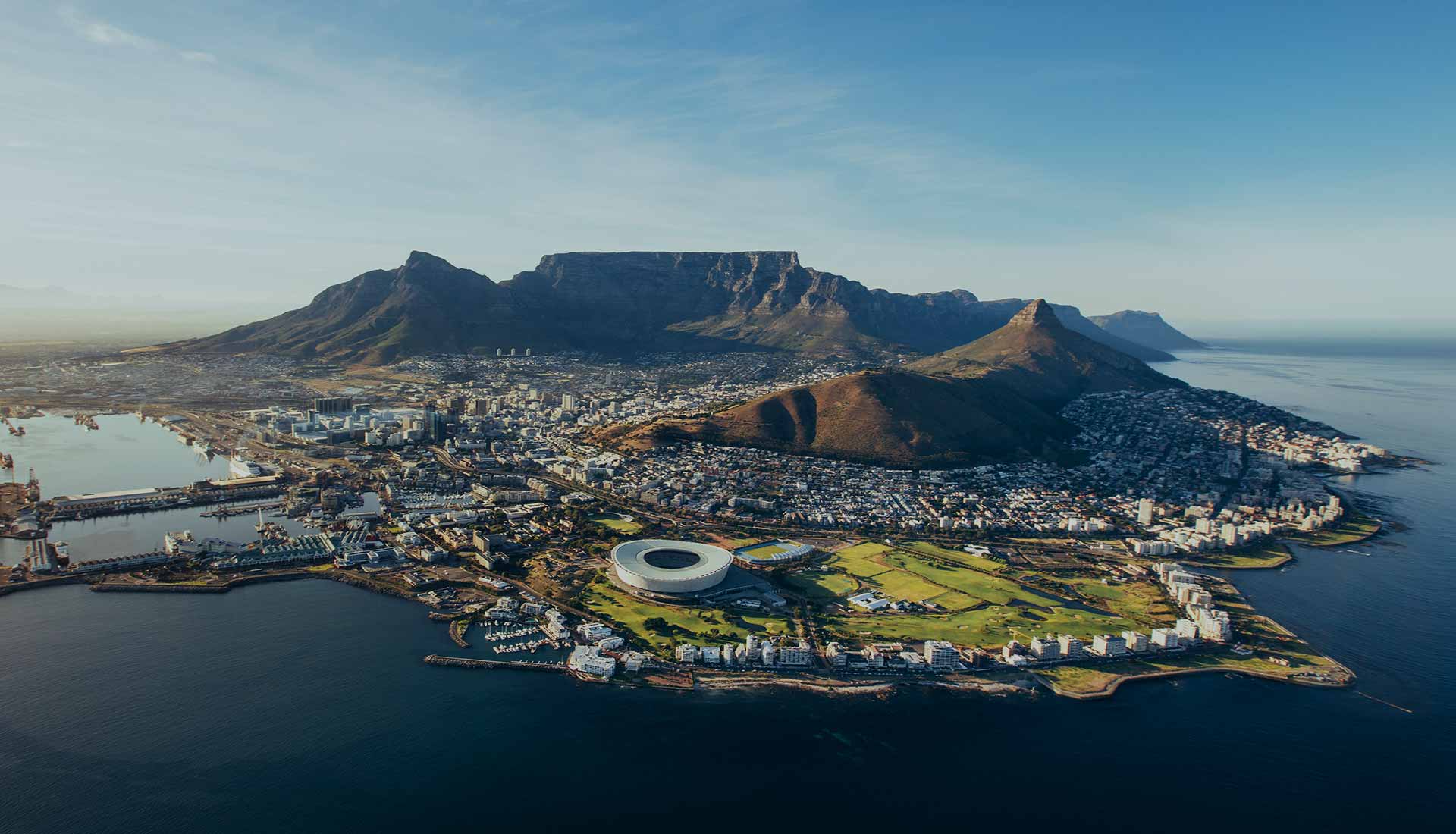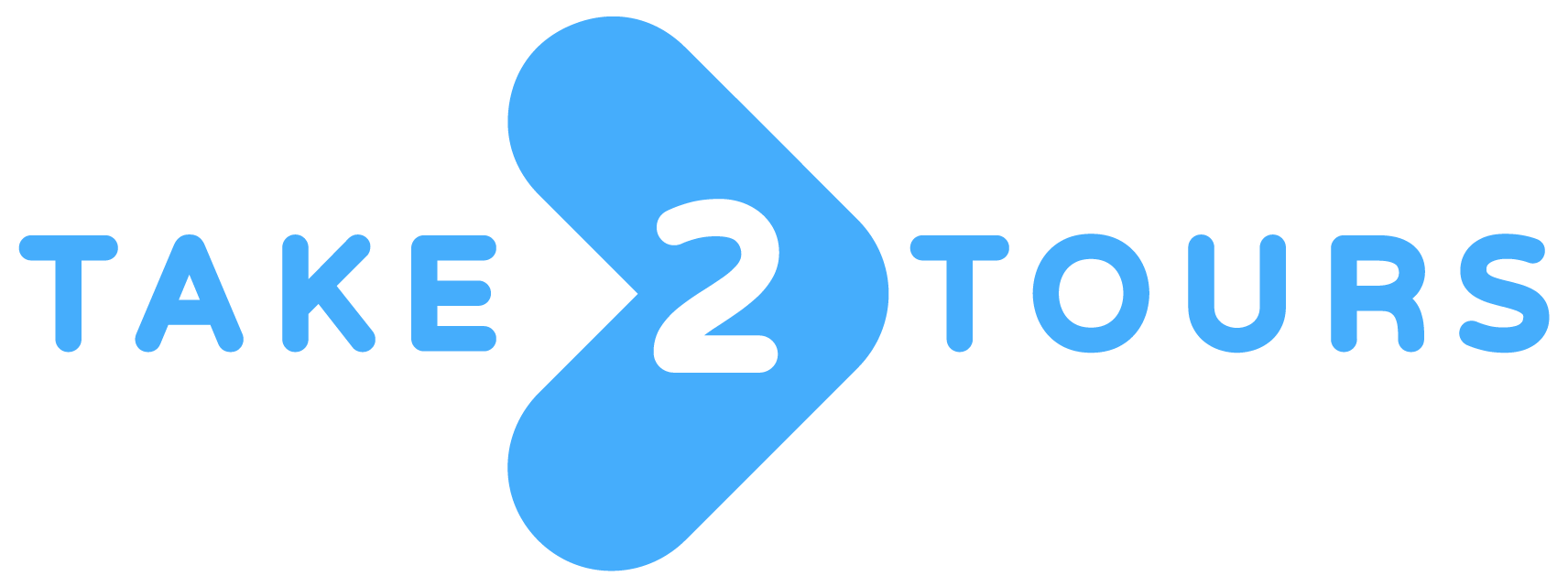
Tourist Information
Climate:
As the country lies in the southern hemisphere, the seasons in South Africa are the reverse of those in the northern hemisphere. December and January are the main summer holiday months, and people flock to the beaches in droves. In May and June, Autumn brings warm days and cool nights. The climate is at its best at this time in most parts of the country. Autumn and Spring are the best seasons for hiking. From the beginning of July to the end of September, you can expect cold conditions in most of the country, and rain in the Western Cape. Snow sometimes falls on the Natal Drakensburg and the Cape mountains in winter.
Wifi is available at all hotels and most restaurants and coffee shops. Sometime it is free, sometimes it is not.
In South Africa there are more people with cell phones than will landlines, so cell phone service is fairly good just about everywhere.
Southern Africa relies on Android technology so most of the country uses an app called What’sApp to communicate. If you are coming from the USA, Canada or UK which is an Apple-focused society, it would save you a lot of money if you downloaded this app when you are in SA. https://www.whatsapp.com/
On safari, the idea is to “disconnect” from devices so wifi may only be available at the reception desk, definitely NOT in your room, and some lodges have no internet service at all. Be prepared for that.
Credit Cards:
Major international credit cards such as American Express, Mastercard, Visa and their affiliates are accepted in South Africa.
Currency:
The South African currency unit is the Rand, denoted by the symbol R1. R1 = 100 cents. Foreign currency can be exchanged at commercial banks, American Express and Rennies Travel. Notes issued R200, R100, R50, R20, R10; coins R5, R2, R1, 50c 20c, and 10c.
There are many foreign currency changing bureaux across South Africa. You can also change money at any bank BUT please be aware that you will NOT be able to get change at either place without your passport.
Electricity:
220/230 volts AC at 50 cycles per second. Three pronged plugs are universal, so take an adapter. Most hotel rooms have 110-volt outlets for electric shavers and small appliances. Adaptors for foreign plugs are available for purchase at most pharmacies and at airports across the country.
Health Hazards:
Malaria regions include Northern Province and Mpumalanga and the north of KwaZulu- Natal. Preventative medication is obtainable at all South African pharmacies. It’s important to consult a pharmacist for advice on the best drug or drug combination you should take. In a malaria region, you should avoid wearing perfume or aftershave lotion, and it’s advisable to wear long sleeves and long trousers at night. The bilharzia (shistosomiasis) parasite is present in streams, rivers, lakes and dams in some of the northern and eastern parts of the country, and vistors should therefore avoid contact with the water in these regions. The Western and Eastern Cape are bilharzia free and Malaria Free.
Sun Protection:
The South African sun is very strong with a high ultraviolet rating, so sun screen products with sun protection factors of 40 and over are recommended.
Visas:
Passport holders from more than 80 countries, including the USA, Canada, Japan and the European Union countries can visit South Africa without visas. For further information contact your local office of the diplomatic or consular representative of the South African Government. If you intend traveling to South Africa’s neighbouring countries and back into South Africa you are advised to apply for multiple entry visas. Tourists must satisfy immigration officers that they have the means to support themselves during their stay, and that they are in possession of return or onward air tickets.
All visitors to South Africa are required to have a minimum of two blank pages in their passport to enable the entry visa to be issued. If there is insufficient space in the passport entry will be denied and the person is likely to be detained pending return to their country of origin.
For those travelling with their children, please note that the government is VERY strict on applying laws that would make it difficult for child trafficking syndicates to operate. That means that before you board your flight to get to South Africa, you will be asked to present the UNABRIDGED birth certificate of the children travelling with you (i.e. stating both parents names).
In the event of a divorce, separation, guardianship etc if one of the parents on the birth certificate is NOT present at time of check-in, the parent who is travelling will have to produce a signed affadavit authorising the child to travel with the other parent.
Civic Services | Travelling with Children
Water:
In the major cities and towns and most game reserves, tap water is purified and 100% safe to drink. When arriving at a safari camp, if you are concerned about their water source, please check with the staff of the lodge. Most of our clients who get sick either get ill from NOT having a bit meal with their malaria medication, OR enjoying too many rich exotic meals at fine dining venues back to back. When some people get to a certain age, their livers just can’t take the level of abuse they used to enjoy when they were younger! Pack pro-biotics or buy them here.
http://www.webmd.com/digestive-disorders/features/what-are-probiotics
Time Differences:
Throughout the year, Standard Time in South Africa is two hours ahead of Greenwich Mean time, one hour ahead of Central European Winter Time, and seven hours in advance of Eastern Standard Winter Time. Daylight savings time is not applied here.
Immunisation:
https://wwwnc.cdc.gov/travel/destinations/traveler/none/south-africa
Malaria:
Malaria does not occur in the Western Cape.(Cape Town) but when you travel to places like Kruger National Park, Botswana or Victoria Falls, it is essential, especially during our summer, and probably increasingly so due to climate change.
Languages:
South Africa currently has 11 official languages. English is spoken throughout the country. French, Italian and German are spoken by staff members in many of the larger hotels and shops that cater to the tourist markets.
Medical Services:
South Africa has a government supported health care system that focuses on emergency and primary health care for mostly unemployed or very poor people. In order to get access to our state-of-the-art private clinics, it is advisable to purchase travel insurance which will cover medical expenses during the period of your stay.
Shopping:
South African manufacturers set a high premium on workmanship, and at the current Rand value, you can afford to be really extravagant. Shopping hours are generally 8am to 5pm on weekdays, and 8am to 1pm on Saturdays.
Many shops in cities are open Sundays and many of the shopping malls remain open until 7pm or 9pm daily.
Rules of the Road:
An excellent road network links the largest metropolitan areas with the smallest villages. South Africa drives on the left. The speed limit in urban areas is usually 60 km per hour, and on freeways 120 km per hour unless otherwise indicated. Wearing seat belts is compulsory; driving under the influence of alcohol is a serious offence and traffic laws are strictly enforced. A valid driver’s license, provided the photograph is an integral part of the document, and provided it is printed in English, is accepted. If your licence does not comply with these requirements, you should obtain an International Driving Permit before your departure for South Africa. Drive on the left and give way to traffic approaching from the right.
Religions:
Most denominations are represented. Churches, Mosques, Temples and Synagogues are located in most major cities.
Wining and Dining:
South Africa is acclaimed for its top quality fresh produce and culinary excellence. In most cities and towns, menu’s feature French, Italian, Japanese, Chinese, Greek, Mexican, Cape Malay and every other type of cuisine imaginable. the standard ranges from the unexceptional to the sublime. this country is also internationally renowned for its fine wines. Many estates have been producing world-class wines for years – and they’re improving all the time. Most unlicensed restaurants invite patrons to bring their own wine. Restaurant guides are available from publicity associations in major cities.
VAT (Value Added Tax):
Currently set at 14%, VAT is included in the marked price of most goods and services in South Africa. Foreign visitors are not exempt from paying VAT on purchased goods. They may, however, claim their VAT back on items taken out of the country when they leave. There are VAT refund centres at all the major airports. It is a very simple process but we strongly advise to allow extra travel time if you would like to get your refund because if the airport is busy, there can be a queue of people waiting for processing (up to 30 minutes wait)
We also suggest that your put your purchases in ONE SUITCASE if you can, because it is likely that the VAT office will want to physically see the items you have purchased to verify that the purchase was indeed YOURS and not for some friend of yours who lives in SA.
https://www.taxrefunds.co.za/

